Question And Answer
Publications
Articles, publications, books, tools and multimedia features from the U.S. Institute of Peace provide the latest news, analysis, research findings, practitioner guides and reports, all related to the conflict zones and issues that are at the center of the Institute’s work to prevent and reduce violent conflict.
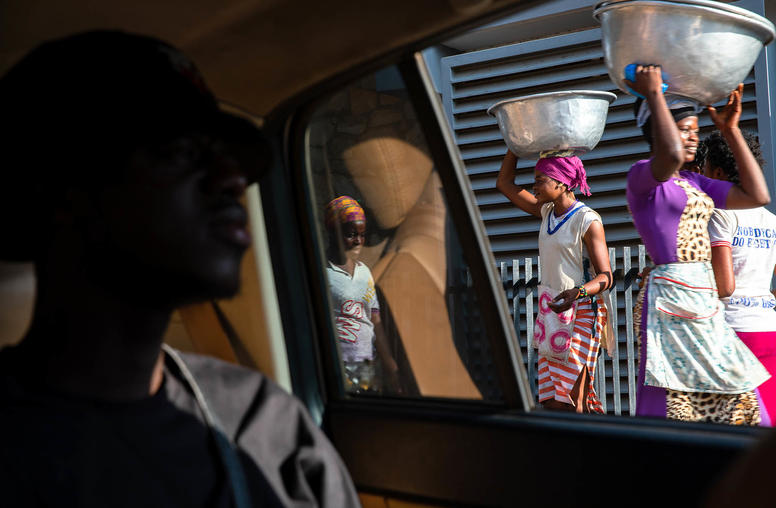
Coastal West Africa Senior Study Group Final Report
The countries of Coastal West Africa are currently facing significant challenges to peace and security as extremist violence spills over from the neighboring Sahel region. Attacks in 2022 in the northern parts of Benin, Côte d’Ivoire, and Togo illustrate the immediacy and gravity of the threat, and governments across the subregion are grappling with protecting fragile communities in the north, addressing porous borders that facilitate attacks from neighboring states, and building the capacity of security forces to address the threat.
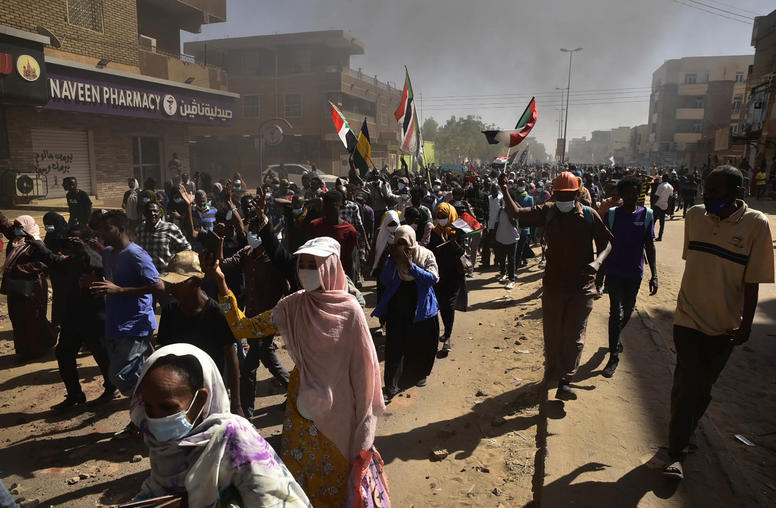
U.S. and African Leaders Need to Focus on Democratization
The U.S. government is gathering this month’s second U.S.-Africa Leaders Summit not least because the swiftly rising challenges of the 21st century are pushing Africa squarely to the center of global and U.S. interests. Managing increased violent conflict, climate degradation and human displacement all depend on a better U.S.-African partnership, one that shares an interest in strengthening the democratic rule of law within and among nations. Democracy has eroded, globally and in Africa, since the first U.S.-Africa summit eight years ago — but this month’s conference can reverse that pattern, say two USIP experts, both former ambassadors in Africa.
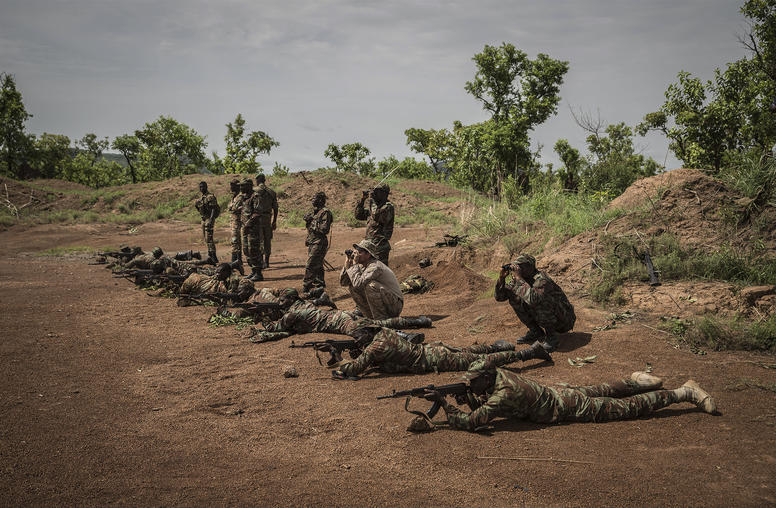
How to Advance Peace and Stability in Coastal West Africa
The U.S. government has identified stability in Coastal West Africa as a foreign policy priority, engaging five countries in particular — Benin, Côte d’Ivoire, Ghana, Guinea, and Togo — through its Strategy to Prevent Conflict and Promote Stability, which was adopted in December 2021. The strategy reflects the U.S. government’s consideration of the five countries as strategic focal points in the fight against transnational terrorism and violent extremism emanating from the neighboring Sahel region.
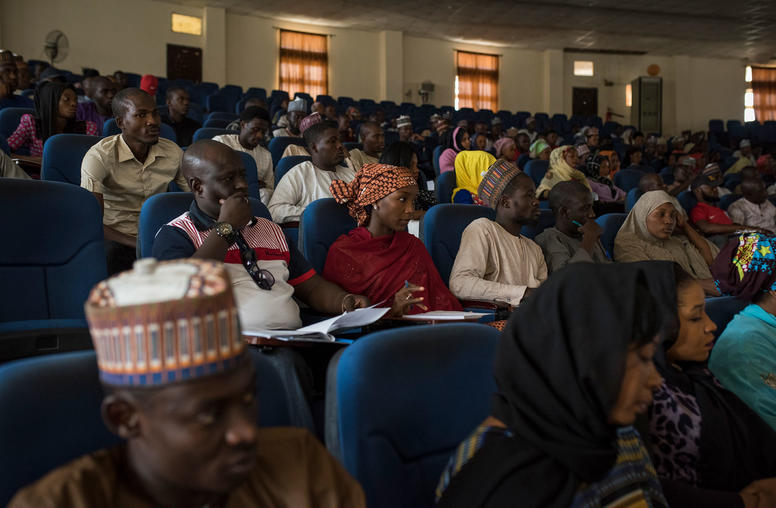
Africans’ Views on the Key Issues: What African and U.S. Leaders Need to Know
Dozens of African leaders will be in Washington next week for the second U.S.-Africa Leaders Summit. Critical issues like economic engagement, climate change, food security and global health will top the agenda as U.S. and African decision makers gather for a host of formal and informal meetings. While such leader-to-leader engagements are vital to addressing these urgent issues, understanding what everyday Africans want from their leaders and their countries’ relations with the United States is vital to meeting today’s and tomorrow’s challenges.
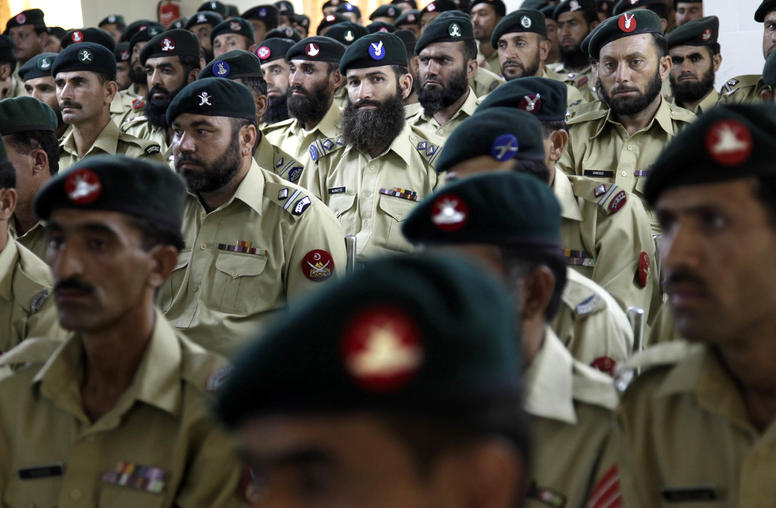
Five Key Issues Facing Pakistan’s New Army Chief
Pakistan just underwent a major military transition. Last week, Prime Minister Shahbaz Sharif appointed General Asim Munir as the new chief of the country’s powerful army, succeeding Qamar Bajwa who held the position for six years. Munir is a former chief of Pakistan’s powerful intelligence service, the Inter-Services Intelligence (ISI), and before that the head of the country’s military intelligence. In nuclear-armed Pakistan with the world’s fifth largest military and a history of military rule, the army chief tends to be the most powerful leader — at times even perceived as the de facto leader due to significant influence over Pakistan’s domestic and foreign policies.
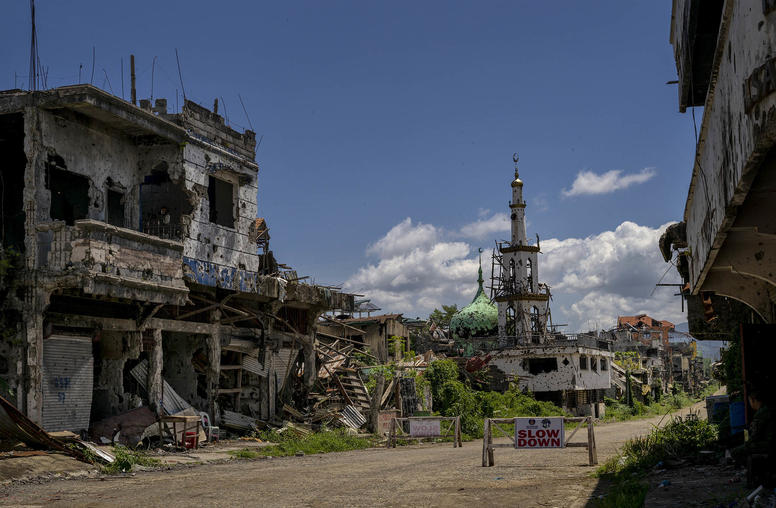
Three-Year Bangsamoro Transition Extension Seen as a Critical Opportunity
Engr. Mohajirin Ali is the director general of the Bangsamoro Planning and Development Authority (BPDA), which coordinates the formulation of the Bangsamoro government’s socioeconomic development policies and plans, and monitors and evaluates those plans. Aliah Adam, who serves as the coordinator for local NGO Singanen O Mindanao and as a consultant for USIP, recently interviewed Ali to discuss the BPDA’s role, the major achievements of the Bangsamoro Transition Authority and the importance of the three-year extension of the transition period of the Bangsamoro Autonomous Region of Muslim Mindanao. The following are edited excerpts from the interview.

In Myanmar, Sham Elections Aren’t the Path to Stability
The head of Myanmar’s military junta is talking increasingly about holding national elections next year despite the near certainty that prevailing conditions would make a democratic result impossible. Even if General Min Aung Hlaing was pondering a good-faith effort — which he is not — the country’s political and security situation would likely preclude anything more than a fig leaf outcome. So, the dictator is still mulling whether elections would benefit the regime. Meanwhile, he is laying the groundwork for a sham process to make himself president and cement military rule. Though the nature of these schemes should be obvious to the international community, many view the proposed vote as the most realistic path to stability and democratically elected government. That hope is badly misplaced.
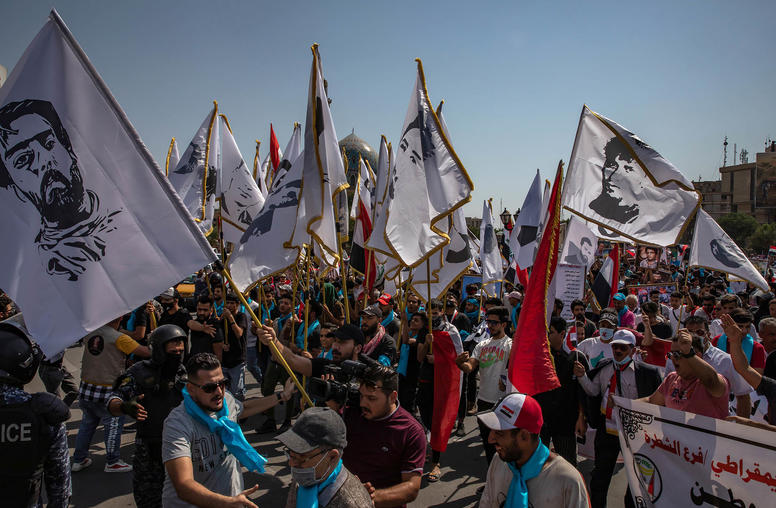
A Year After Elections, Iraq May Finally Be Set to Form a Government
Iraq hit two anniversaries this month. Three years ago in October, Iraqis rose up to protest the failure of the Iraqi government and political class in delivering basic services, providing jobs, fighting corruption and more. One of the outcomes of those protests was early elections, which were held on October 10, 2021, but have yet to yield a government. The last year witnessed crippling political gridlock, as the winner of the 2021 national parliamentary elections, Moqtada al-Sadr, eventually withdrew from the political process after failing to form a government.
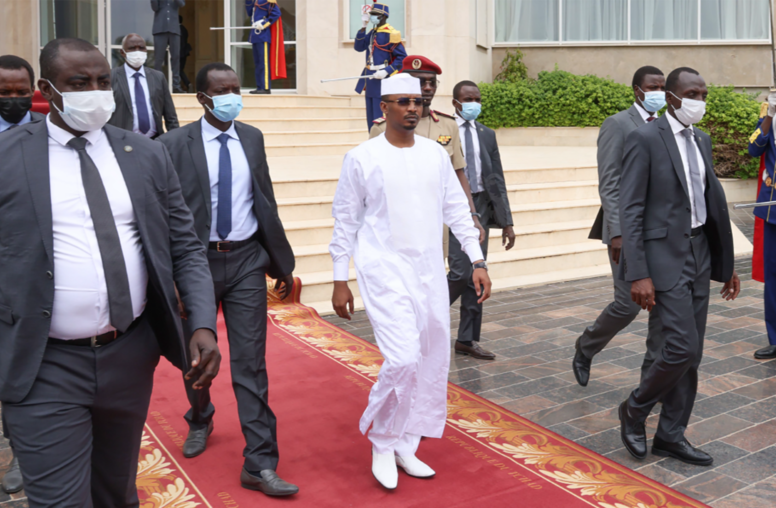
Chad’s National Dialogue Concludes Amid Uncertainties for the Transition
When Chad’s longtime President Idriss Déby was killed in April 2021, a group of military officers led by Déby’s son, Mahamat Idriss Déby, took control of the country and outlined an 18-month transition back to civilian rule. A crucial part of the transitional timeline was the promise of an inclusive national dialogue, which would be tasked with forming a national consensus on constitutional reform, election plans and other contentious political issues. After numerous delays, the long-awaited national dialogue finally opened in the capital N'Djamena in late August — just two months before the transition was slated to end.

Le Dialogue National au Tchad se Termine dans un Contexte d'Incertitudes pour la Transition
Après que l’ancien président du Tchad, Idriss Déby, a été tué en avril 2021, un groupe d'officiers militaires dirigé par le fils de Déby, Mahamat Idriss Déby, a pris le contrôle du pays et a défini une période de transition de 18 mois pour le retour à un régime civil. Un élément crucial du calendrier de transition était la promesse d'un dialogue national inclusif, chargé de former un consensus national sur la réforme constitutionnelle, les plans d'élection et d'autres questions politiques litigieuses. Après de nombreux retards, le dialogue national tant attendu a finalement commencé dans la capitale N'Djaména fin août – juste deux mois avant la fin prévue de la transition.